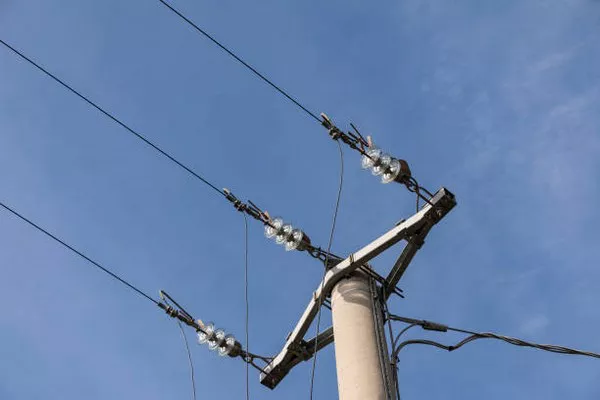In the realm of electrical engineering, the toroidal transformer stands out as a vital component in various applications where efficient power transfer, compact design, and reduced electromagnetic interference are paramount. While transformers in general play a fundamental role in converting voltage levels for power distribution, toroidal transformers offer distinct advantages in specific scenarios. This article aims to delve into the applications, advantages, and underlying principles of toroidal transformers.
Understanding Toroidal Transformers
A toroidal transformer is a type of transformer characterized by its doughnut-shaped core, typically made of ferromagnetic materials such as iron powder, ferrite, or laminated silicon steel. The primary and secondary windings are wound around this core, creating a closed-loop magnetic circuit.
Design Features:
Compactness: The circular core design allows for a more compact structure compared to traditional transformers, making toroidal transformers ideal for applications where space is limited.
Efficiency: The toroidal shape ensures a shorter magnetic path length, resulting in lower core losses and improved efficiency.
Low Electromagnetic Interference (EMI): The closed-loop magnetic flux minimizes leakage flux, reducing electromagnetic interference and making toroidal transformers suitable for sensitive electronic equipment.
Reduced Mechanical Noise: The absence of air gaps and the uniform winding distribution contribute to quieter operation compared to transformers with E-I laminated cores.
Applications of Toroidal Transformers
1. Power Supplies: Toroidal transformers are commonly used in power supplies for various electronic devices such as audio amplifiers, medical equipment, and industrial machinery. Their compact size and high efficiency make them well-suited for applications where space and energy efficiency are critical.
2. Audio Equipment: In audio systems, toroidal transformers are favored for their low electromagnetic interference and excellent voltage regulation properties. They are often employed in amplifiers, preamplifiers, and other audio components where maintaining signal integrity is essential.
3. Lighting Systems: Toroidal transformers find extensive use in lighting applications, including halogen and LED lighting fixtures. Their compact size and high power handling capability make them an ideal choice for powering lighting systems in both residential and commercial settings.
4. Industrial Automation: In industrial automation systems, toroidal transformers are utilized in control panels, motor drives, and other machinery requiring reliable and efficient power conversion. Their ability to handle high currents and voltages makes them well-suited for demanding industrial environments.
5. Renewable Energy Systems: Toroidal transformers play a crucial role in renewable energy systems such as solar inverters and wind turbine generators. They help convert and regulate the voltage produced by renewable energy sources for grid integration or standalone power systems.
6. Medical Devices: Medical equipment often requires compact and reliable power supplies to ensure patient safety and device performance. Toroidal transformers meet these requirements and are commonly used in devices such as MRI machines, X-ray equipment, and patient monitors.
Advantages of Toroidal Transformers
1. High Efficiency: The toroidal shape and continuous winding design result in lower core losses and improved efficiency compared to traditional transformers, leading to energy savings and reduced operating costs.
2. Compact Size: The compact design of toroidal transformers allows for efficient use of space, making them ideal for applications where size constraints are a concern.
3. Low Electromagnetic Interference (EMI): The closed-loop magnetic flux minimizes electromagnetic interference, ensuring reliable operation of sensitive electronic equipment and reducing the need for additional EMI shielding.
4. Excellent Voltage Regulation: Toroidal transformers exhibit excellent voltage regulation characteristics, providing stable output voltage under varying load conditions, which is essential for many applications requiring precise power delivery.
5. Quiet Operation: The absence of air gaps and the uniform winding distribution contribute to quieter operation compared to transformers with E-I laminated cores, making toroidal transformers suitable for noise-sensitive environments.
6. High Power Handling Capability: Toroidal transformers can handle high currents and voltages, making them suitable for a wide range of applications, including those requiring high-power output.
See Also What Is The Principle Of Operation Of A Transformer
Conclusion
Toroidal transformers represent a cornerstone of modern electrical engineering, offering a compelling combination of efficiency, compactness, and reliability. From audio equipment to industrial machinery, these versatile transformers find applications across various industries where high-performance power conversion is essential. As technology continues to evolve, toroidal transformers are poised to remain indispensable components in the design and implementation of efficient and reliable electrical systems.

